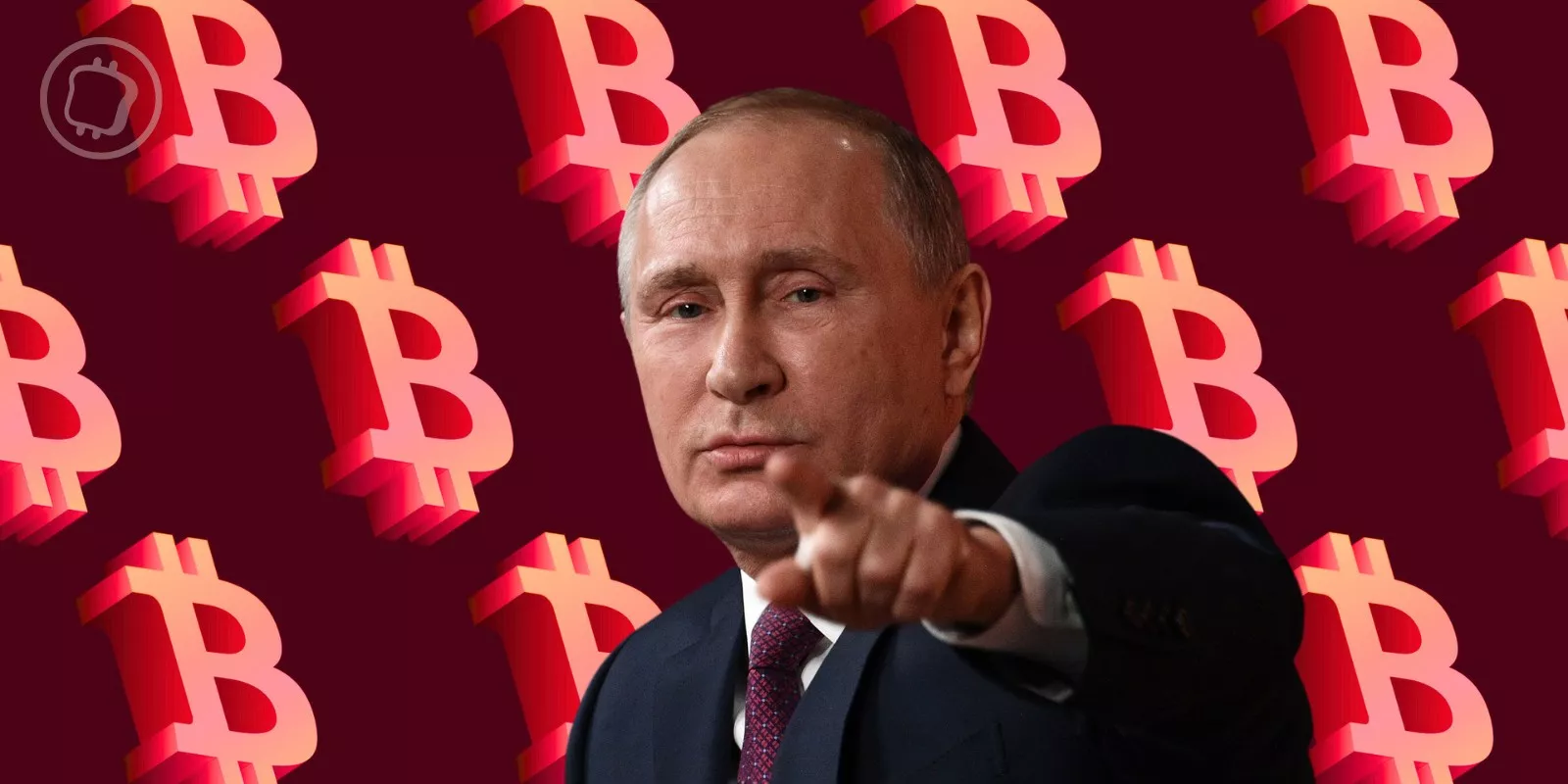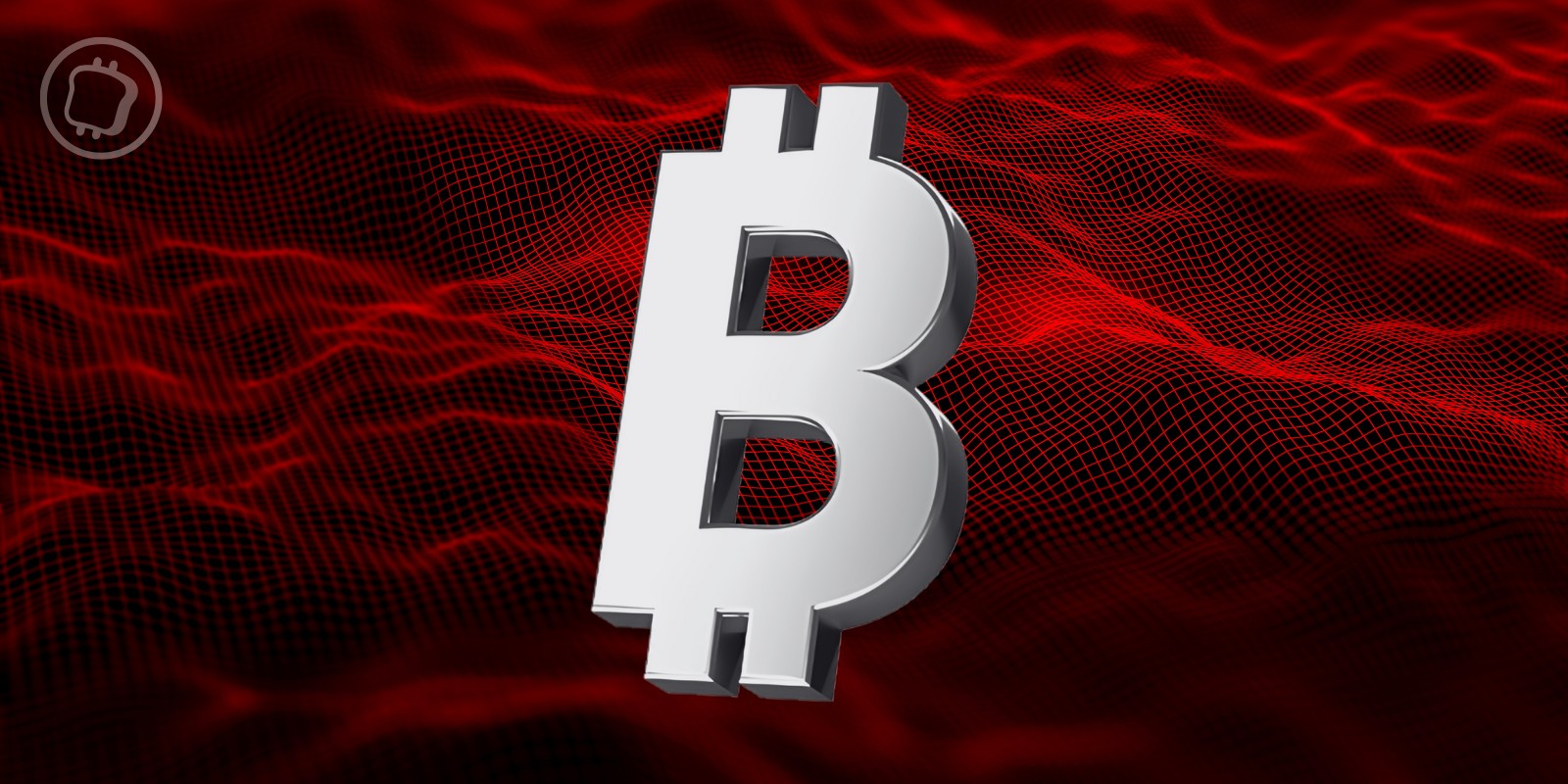Although they want to be apart from “traditional” assets, cryptocurrencies are of course influenced by other markets. And this week, several macro events could create repercussions. We unfold the days to come, and the possible consequences on crypto-assets.
Monday, October 10: IMF and World Bank meeting
The International Monetary Fund (IMF) and the World Bank are holding their annual meeting in Washington starting today. Consequences of the pandemic, war in Ukraine, inflation and climate change… The two institutions will have many things to discuss, and the signals sent will be particularly scrutinized.
Speeches have been rather pessimistic in recent months. Indermit Gill, the chief economist of the World Bank, did so recently a lackluster summary of the overall situation :
“Things are likely to get worse for you unless governments do a great job of finding the balance between reducing inflation and promoting growth. »
The tone is set, and this week’s discussions should follow suit.
What this means for cryptocurrencies:
- Possible evocation of the ecological costs of Bitcoin (BTC) and its consorts
- Investor reluctance regarding “risky” assets
👉 To go further – Bitcoin: mining, energy consumption and ecology
Discover Stake DAO
Make work your crypto-currencies 👆

Tuesday 11 October: UK job seeker statistics and goods sales
For the IMF, a third of the global economy is about to enter recession. And the UK has been in particularly bad shape in recent months, after a controversial Brexit, a change of Prime Minister and consequent strikes. Will the government of Liz Truss then succeed in raising the bar?
This is what the figures published tomorrow will begin to indicate: we will learn the evolution of the number of job seekers in the United Kingdom, as well as the evolution of consumption. This last piece of data will be particularly crucial in judging the state of health of the economy of our neighbors across the Channel.
What this means for cryptocurrencies:
Wednesday, October 12: Minutes of the Federal Open Market Committee of the Fed (United States)
The Federal Open Market Committee (FOMC) controls the buying and selling of government securities in the United States. So it’s an absolutely vital committee. regarding the country’s monetary policy. During its meetings, the committee decides, among other things, on the objectives for loans between commercial banks.
The committee met on September 21, but the full report will not be released until Wednesday. If nothing is learned in terms of decisions, the report will be particularly scrutinized to understand how desperate the Fed isand what directions will be taken in the coming months.
What this means for cryptocurrencies:
- The market could react to a particularly strong pessimism of the Fed
👉 On the same subject – Purchasing power and cryptocurrencies: can they help protect against inflation?
The exchange that has the wind in its sails⭐
5% off your fees with this button

Thursday, October 13: Consumer Price Index (CPI) in the United States
The consumer price index (CPI) is the globally used measure for judging inflation. In the United States, the new figures will be available from October 14. In parallel, the finance ministers and central bankers of the G20 will meet in Washington on the same day.
October 14 will therefore be crucial in understanding the outlook for the US economy. As a reminder, the figures had been particularly bad a month ago. Over one year, prices had increased by +8.3%. Increases in the cost of food and housing were looming, and the fear is that it will be similar for the month of October.
What this means for cryptocurrencies:
- Possible fall of the stock market, which is still very correlated to cryptocurrencies
👉 To read also – The rate of booklet A will increase to 3% in February 2023
Friday, October 14: inflation rate and trade balance in the euro zone
Several inflation figures are expected on Friday. After Germany on Thursday, these are China, France and Spain who will publish their data. As a reminder, China has so far succeeded in keeping inflation at lower levels than in other major world economies. Last August, the country announced an annual inflation rate of +2.5%.
France has also shown itself to be a rather good student, with an inflation rate around 5.6% in September – the final figure is published this Friday. On the euro zone side, it is the trade balance figures that are expected, and these should not be laughing, while the euro has reached a 20-year low. As a reminder, the annual inflation rate in the euro zone had reached +10% in September 2022.
What this means for cryptocurrencies:
- Possible renewed interest in alternative safe havens
👉 Find all the news of traditional finance
Join Experts and a Premium Community
PRO
Invest in your crypto knowledge for the next bullrun

Sources: Eurostat, Les Echos, The Guardian
Newsletter 🍞
Receive a summary of crypto news every Monday by email 👌
What you need to know about affiliate links. This page presents assets, products or services relating to investments. Some links in this article are affiliated. This means that if you buy a product or register on a site from this article, our partner pays us a commission. This allows us to continue to offer you original and useful content. There is no impact on you and you can even get a bonus by using our links.
Investments in cryptocurrencies are risky. Cryptoast is not responsible for the quality of the products or services presented on this page and could not be held responsible, directly or indirectly, for any damage or loss caused following the use of a good or service highlighted in this article. Investments related to crypto-assets are risky by nature, readers should do their own research before taking any action and only invest within the limits of their financial capabilities. This article does not constitute investment advice.








